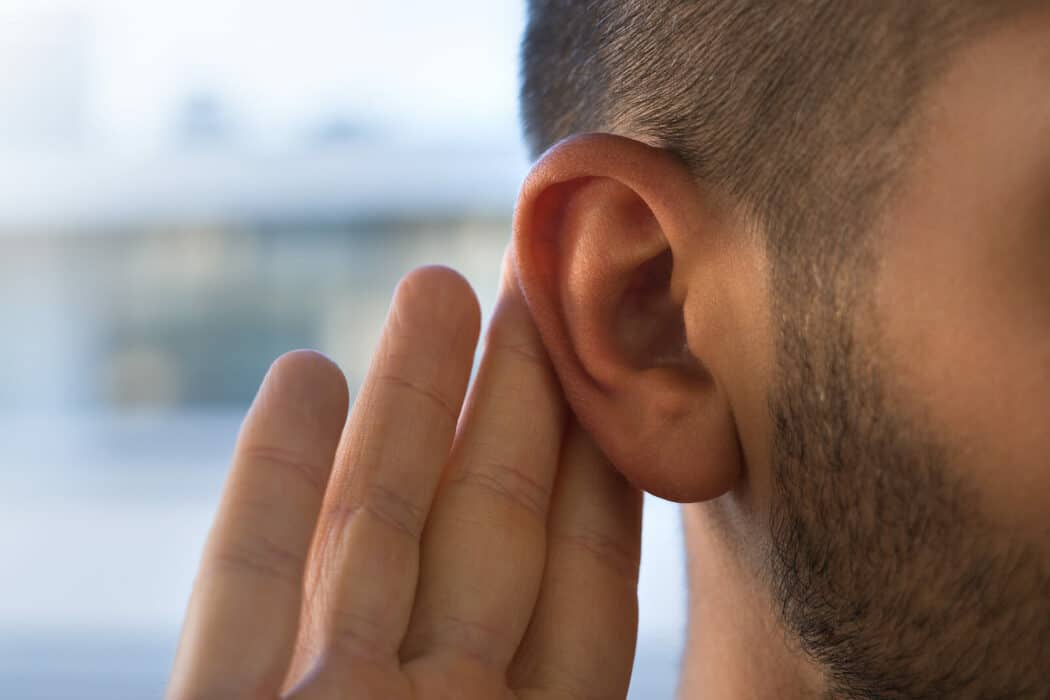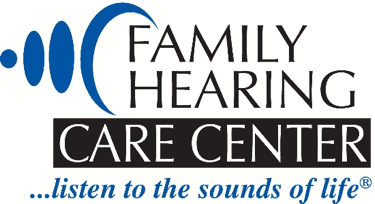
Recognizing Early Signs of Hearing Loss
With nearly 1 in 5 people having some degree of hearing loss, you or someone you know may experience hearing loss symptoms. Hearing loss affects over 48 million people, and though it is pervasive, it is still widely undertreated. Only a third of people who could benefit from treatment, actually receive it. Untreated hearing loss not only deteriorates hearing but it also takes a toll on communication, relationships, social life, and overall health. Being able to recognize early signs supports early intervention which can transform hearing health and wellness.
Causes of Hearing Loss
There are a number of factors that can cause hearing loss. A few common causes including the following:
- Aging: age is the greatest indicator of hearing loss. Age related hearing loss can be caused by the cumulative toll of loud noise exposure, changes to the ears, and medical conditions that are linked to hearing loss.
- Medical Conditions: substantial research shows that a number of medical conditions can increase the risk of hearing loss – heart disease, diabetes, hypertension, and osteoporosis. These conditions can impact blood vessels, blood flow, and bone health which are important for absorbing and processing sound.
- Loud Noise: over 30 million people are exposed to hazardous noise levels regularly. One time or regular exposure to loud noise can impair the sensory cells in the inner ear. These cells play a crucial role in how sound is processed and damage of these cells results in the brain receiving less auditory information, producing hearing loss.
- Head Injuries: over 3 million head injuries occur every year. Trauma to the head can have various consequences including causing hearing loss. Head injuries can damage various components of the auditory system – the sensory system for hearing. This includes the bones in the middle ear, the eardrum, sensory cells in the inner ear etc.
Additional factors that can contribute to the development of hearing loss include: inner ear disorders, autoimmune conditions, ototoxic medications, and chronic ear infections. .
Signs of Hearing Loss
It takes an average of 7 years for people to address their hearing loss symptoms. Contributing to this delay is that hearing loss often occurs gradually. This means that symptoms may remain noticed for quite some time. So being able to identify early signs of hearing loss can encourage early intervention which can significantly support hearing health. Common signs include:
- Tinnitus: a ringing or buzzing like noise in one or both ears that only you can hear.
- Sounds are muffled or distorted.
- Struggling to hear in places with background noise and/or on the phone.
- Lip reading to distinguish individual words.
- Asking others to repeat what they said or to speak louder.
- Finding yourself often responding with “huh” or “what”.
- Lip reading to identify individual words.
- Being able to hear better in one ear compared to the other.
- Turning up the volume on the TV and/or other electronic devices.
- Feeling fatigued after conversation and social interactions.
- Leaning in to hear better.
- Pretending to hear to get through a conversation.
These symptoms can be mild to severe, really taking a toll on hearing and communication. To cope, people often avoid conversations as much as possible. This leads to social withdrawal which not only affects relationships but also mental health and wellness. Studies show that untreated hearing loss increases the risk of depressive symptoms as well as cognitive decline, falls, and accidental injuries. This underscores the importance of intervening early to treat hearing loss.
Diagnosing & Treating Hearing Loss
Diagnosing hearing loss involves a painless and straightforward process. A hearing test is performed by a hearing healthcare specialist. This involves a painless process that measures hearing capacities in both ears. This identifies any hearing loss and the degree of impairment you are experiencing in each ear. Once your hearing needs are established, treatment is tailored to meet your specific hearing needs.
The most common treatment of hearing loss is hearing aids. These are electronic devices that are designed to absorb, amplogy, and process speech as well as sound. This provides the ears and brain with significant support, alleviating symptoms and maximizing hearing capacity. Hearing aids offer life-changing benefits including strengthening hearing and communication, improving relationships, enriching social life, and supporting health and wellness. Treatment allows people to live full and active lives.
Prioritize Your Hearing Health Today
The first step towards treatment is simple: have your hearing evaluated. Contact us today to schedule an appointment for a hearing consultation!
